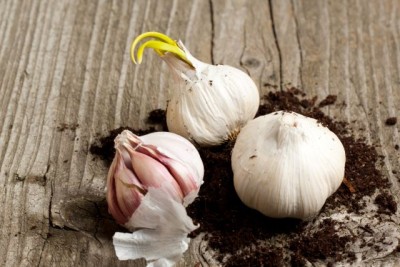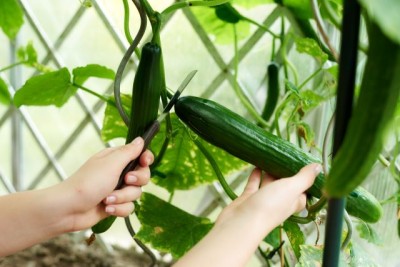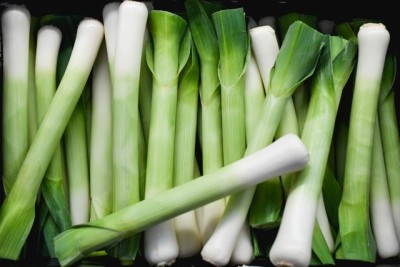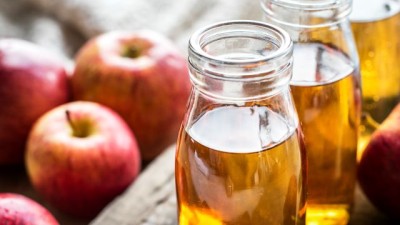7 Little-Known Uses For Cinnamon In The Garden
Warning: Undefined variable $post in /home/dietofli/public_html/wp-content/plugins/code-snippets/php/snippet-ops.php(582) : eval()'d code on line 3
Warning: Attempt to read property "ID" on null in /home/dietofli/public_html/wp-content/plugins/code-snippets/php/snippet-ops.php(582) : eval()'d code on line 3
The estimated reading time is 6 minutes
Warning: Undefined variable $post in /home/dietofli/public_html/wp-content/plugins/oxygen/component-framework/components/classes/code-block.class.php(115) : eval()'d code on line 3
Warning: Attempt to read property "ID" on null in /home/dietofli/public_html/wp-content/plugins/oxygen/component-framework/components/classes/code-block.class.php(115) : eval()'d code on line 3
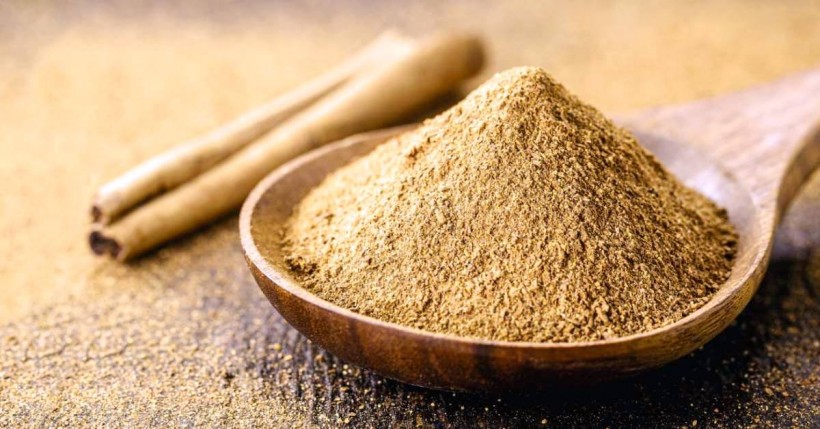
Cinnamon is an excellent addition to many foods, from cookies, buns, pies, and cakes to puddings and bread. But, did you know that cinnamon can be used on houseplants and in the garden too?
The positive effects of cinnamon on plants have even been backed by science. One study has found that cinnamon can promote plant growth and has antifungal effects against Botrytis cinerea (1). B. cinerea is a type of fungus that affects a lot of species of plants, and it’s also known as “gray mold.”
So, if you’ve ever wondered whether and how you can use cinnamon powder to stimulate plant growth and combat different plant problems, keep reading because you’re about to find out all the possible uses for cinnamon in the garden.
-
Cinnamon As A Rooting Agent
Instead of buying expensive synthetic rooting stimulants, you can use cinnamon powder to promote root development when you’re planting a cutting.
Pour one tablespoon of cinnamon onto a paper towel. Next, moisten the bottom end of the cutting and dip it into the cinnamon. Then, plant the cutting in potting soil, and the cinnamon will stimulate root growth while preventing root rot and fungal diseases.
-
Cinnamon As A Natural Pest Repellent
While most of us find the scent of cinnamon extremely pleasant, a lot of pests, especially ants, don’t like it at all.
To use cinnamon to deter ants and other pests, sprinkle a small amount of cinnamon powder on areas where they tend to be a problem. The cinnamon won’t kill the pests, but it’ll keep them away for sure.
And the good thing is that you can use cinnamon powder to repel pests for both outdoor and indoor plants.
-
Cinnamon As A Natural Fungicide
A common disease that affects many plant species is a damping-off disease. This disease is caused by various soil-borne fungi that weaken or kill new seedlings or seeds.
Due to its antifungal properties, cinnamon can help prevent this disease by inhibiting the growth of the fungus.
To protect your plants from damping-off disease, dissolve two tablespoons of cinnamon powder in 480 milliliters of hot water, and pour the mixture into a jar. After you stir the mixture thoroughly, let it brew overnight. Next, strain the liquid and pour it into a spray bottle. Spray the soil where you intend to plant your flowers or fruit and vegetable plants before planting.
Cinnamon is also effective in killing many types of mold on plants.
-
Cinnamon Can Help Heal Plants
You might find this strange, but many people have found cinnamon effective in healing wound sites in plants. For instance, when pruning your plants, you can unintentionally damage them. Instead of leaving the wound untreated, you can apply some cinnamon powder to it. The cinnamon will speed up the healing.
-
Cinnamon As An Animal Repellent
Guess who else doesn’t like the smell of cinnamon? Sprinkling some cinnamon powder on the ground in your backyard garden can deter moles, rabbits, and squirrels without causing them any harm.
-
Cinnamon Can Prevent Rust
Rust is a fungal infection that can affect a lot of garden plants. The bad thing about this disease is that it can affect all parts of the plant.
So, when planting, sprinkle some cinnamon powder on the soil around the plant. This will prevent rust growth. But, more importantly, it’ll prevent rust from affecting new seedlings.
-
Cinnamon Can Prevent Mushroom Growth
This is one more case where the antifungal properties of cinnamon can come in handy. If you want to prevent wild mushrooms from invading your backyard garden, sprinkle some cinnamon powder all over your garden. This will help control mushroom growth.
Frequently Asked Questions
-
Can I Use Cinnamon On My Houseplants?
Using cinnamon on indoor plants is safe. For example, if you’ve unintentionally broken a stem on your favorite houseplant, apply a small amount of cinnamon powder to the area where the cut is. This will prevent the cut from becoming infected, and save your plant.
Another way cinnamon can benefit indoor plants is by deterring whiteflies, spider mites, or any other insects which commonly appear on houseplants.
-
Will Cinnamon Hurt My Plants?
No, it won’t. From promoting plant growth and repelling pests to healing plants and hindering the growth of fungi, cinnamon can benefit both indoor and outdoor plants in many ways.
-
What Kind Of Cinnamon Is Good For Plants?
One study examined the antifungal activity of essential oils obtained from eight species of cinnamon against seven types of fungi. The results showed that the bark and leave oils of Cinnamomum zeylanicum demonstrated the highest antifungal activity against the fungi (2).
So, to protect your plants from fungal diseases, use C. zeylanicum in the ways explained above.
-
How Much Cinnamon Do I Put On Plants?
When using cinnamon as a rooting agent for planting cuttings, pour one tablespoon of cinnamon powder onto a paper towel and then moisten the bottom end of the cutting and dip it into the cinnamon. The cinnamon will promote root growth after you plant the cutting in potting soil.
When using cinnamon as a fungicide, it’s best to dissolve two tablespoons of cinnamon powder in 480 milliliters of hot water. Stir the liquid thoroughly and let it sit overnight. Then, you should strain the liquid and pour it into a spray bottle. You should spray the liquid on the soil around the plant before planting.
When using cinnamon as a pest or animal repellant, sprinkle a small amount of cinnamon powder on any areas where pests and animals tend to be a problem.
When using cinnamon to heal wound sites in plants, apply some cinnamon powder on the site of the wound. This will help the wound heal faster.
-
Can I Mix Cinnamon With Potting Soil?
To protect your plants from fungal diseases and repel pests and animals, rather than using a mixture of cinnamon and potting soil, sprinkle some cinnamon powder on the soil around the plant. This will help hinder the growth of fungi and keep pests away.
Conclusion
- Besides being a great addition to many foods, cinnamon can be used in the garden.
- One study has indicated that cinnamon has the ability to stimulate plant growth, and it has antifungal activity against the fungus Botrytis cinerea.
- There are several uses for cinnamon in the garden. It can be used as a rooting agent and pest and animal repellant. It can help heal wound sites in plants as well as prevent damping-off disease, rust, and mushroom growth.

